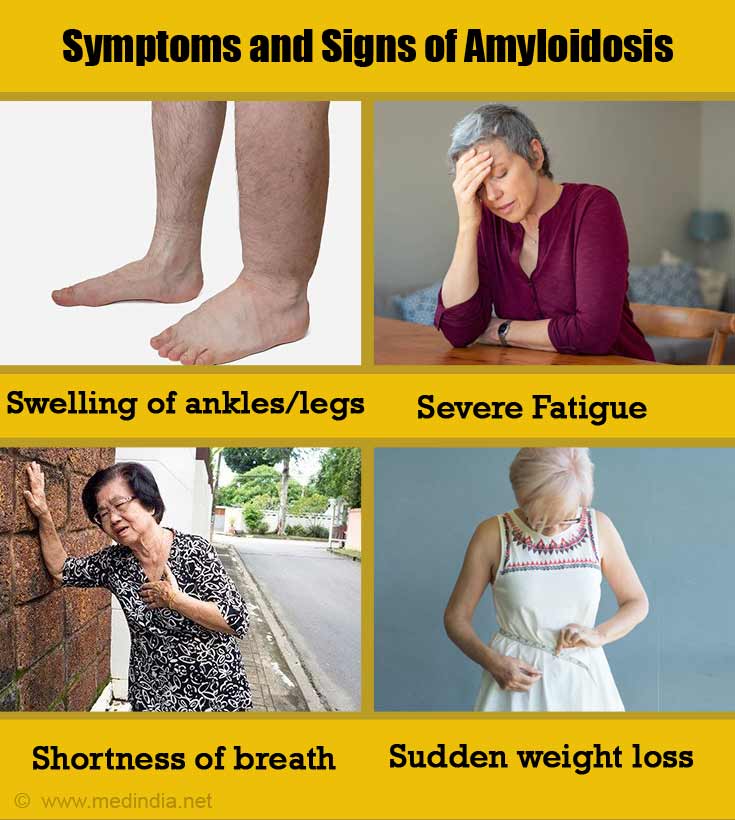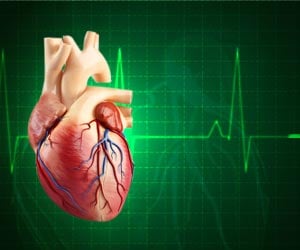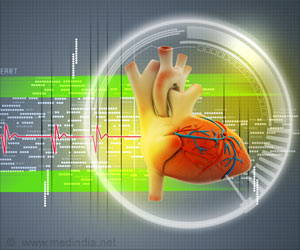What are the Causes of Amyloidosis?
The exact cause for amyloidosis is not known. However, there may be an increased risk of developing amyloidosis under the following conditions:
- Age & Sex: Amyloidosis occurs more frequently in people over fifty years of age and men are more susceptible
- Cancer: A type of blood cancer called multiple myeloma can be a risk factor for developing amyloidosis
- Dialysis: There is a higher risk of amyloidosis in patients undergoing dialysis for more than five years
- Kidney Disease: Patients suffering from chronic kidney disease (CKD) or kidney failure are more susceptible to developing amyloidosis
- Heredity: There is a higher chance of occurrence of amyloidosis if there is a family history of the disease
- Chronic Illness: There is a higher risk of developing amyloidosis in patients suffering from chronic inflammatory or autoimmune diseases
What are the Symptoms and Signs of Amyloidosis?
The signs and symptoms of amyloidosis depend on which tissues and organs are affected and include:
- Swelling: This usually occurs in the ankle and leg. It occurs due to oozing of fluids from the blood vessels, which accumulate in the tissue spaces, causing edema usually of the lower limbs
- Shortness of Breath: This can occur even with light activity. This happens when the build-up of amyloid fibrils affects the heart and less blood is pumped with each heartbeat
- Arrhythmia: Irregular heart rhythm (arrhythmia) may be observed in which the heart beats exhibit an irregular pattern
- Liver Enlargement: This can occur due to deposition of amyloid fibrils in the liver
- Weight Loss: There may be unexplained weight loss, without any apparent identifiable cause
- Dizziness: This may happen if amyloidosis affects the nerves that control blood pressure
- Numbness: This is usually felt in the hands and feet. Approximately 40 percent of people with amyloidosis develop carpal tunnel syndrome
- Altered Bowel Patterns: There may be alternating bouts of constipation and diarrhea
- Weakness: This is usually observed in the legs
- Fatigue: The patient may experience extreme fatigue and tiredness
- Bruising: A bruise or contusion may develop even with the slightest trauma
- Alteration of Body Functions: There may be disturbances in bowel, bladder and sexual functions










